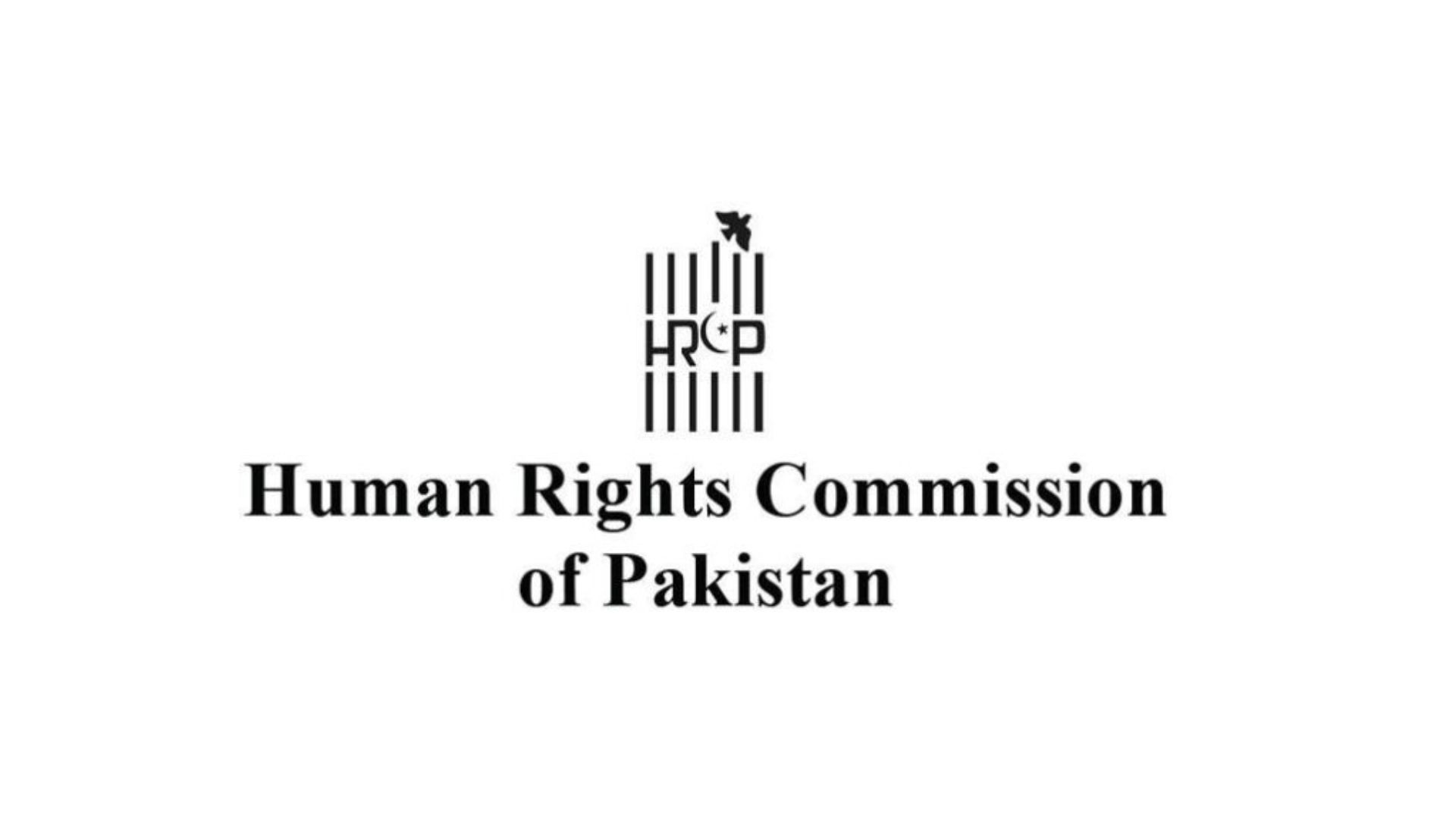The Human Rights Commission of Pakistan (HRCP) recently released a report highlighting the significant challenges faced by daily wage workers in Pakistan. The report, titled Seeking Redressal: Access to Justice for Vulnerable Workers, reveals that many workers remain unaware of their employment rights, which often leads to exploitation by employers.
The 38-page report details how the justice system remains biased and inaccessible for daily wage workers, making it difficult for them to seek legal recourse. It closely follows the case of Zafar, a former generator operator who lost his job without notice and has struggled to find justice.
The HRCP noted in a post on X, “Not only are most workers unaware of the rights to which they are entitled under Pakistan’s labour laws, but most simply do not know how to seek redressal when these rights are violated by employers.”
Based on a survey conducted in Multan, Lahore, and Peshawar, the report points out that the lack of specialized labour courts, limited capacity of judges, and ineffective labour unions have left many workers disheartened about their ability to obtain justice. The HRCP stated, “Labour inspections remain infrequent, even minimal, while labour inspectors’ very limited authority to penalize violators of labour rights and laws and loose definitions of the minimum wage (exploited by many employers) mean that urgent reforms are needed to provide respite to vulnerable workers.”
The report also highlights that despite evidence of widespread worker registration issues, many workers, even in the formal sector, lack formal contracts and thus miss out on key benefits like social security. Workers, especially in Khyber Pakhtunkhwa, often lack knowledge about their rights, applicable labour laws, and legal minimum wage, and struggle with complaints and redressal processes.
Many workers become discouraged or overwhelmed by the litigation process and associated costs, receiving inadequate support and poor legal representation. Pro bono lawyers are frequently short on time or lack expertise in labour laws.
The HRCP recommends strengthening district legal empowerment committees and the newly established Legal Aid and Justice Authority to better assist workers and provide essential legal aid.























